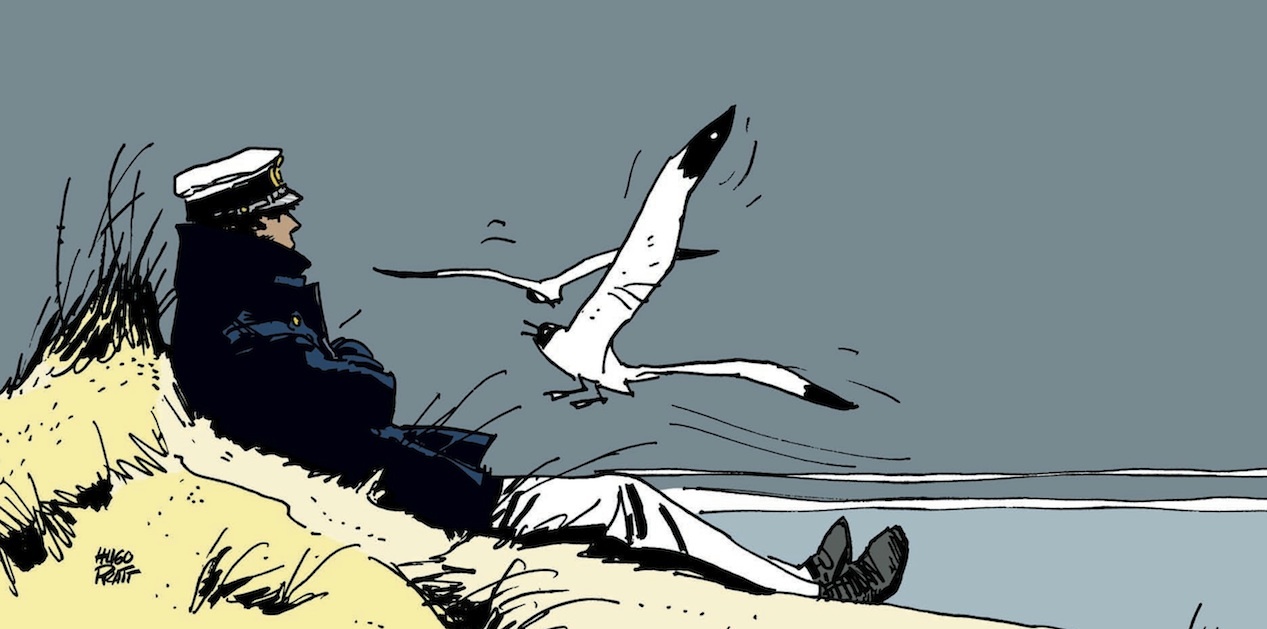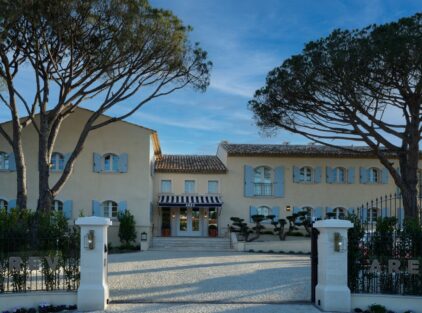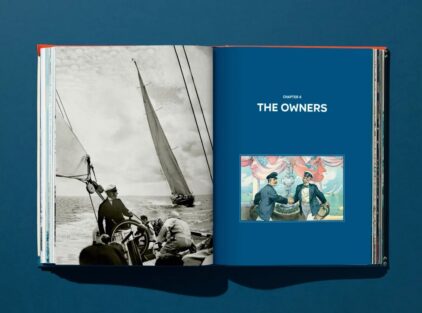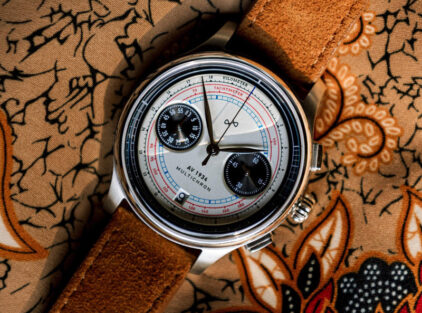by Mariannina Patsa
I am not a hero. I like to travel. I don’t care about rules, but I will respect only one: never betray my friends. I have searched for so many treasures and I have never found any, but I will keep searching. You can count on that.” Treasure hunter, explorer, captain and pirate all at once.
Corto Maltese closes within himself all the contradictions and adventures of life itself. In his stories, peoples, magicians, historical events, myths, mysticism and love coexist. And while he may be made of paper, he has almost tangible human qualities – and weaknesses – that set him apart from other heroes made of ink.
Hugo Pratt’s (1927-1995) well-traveled character is one of the most influential European comic book heroes, and along with Asterix and Tintin are the founders of the Franco-Belgian school. His name means ‘little Maltese’ and his biography says that he is the illegitimate son of a beautiful gypsy and an English sailor from Cornwall: ‘My name is Corto. Corto Maltese. I was born in Malta on 10 July 1887 – or so I am told. From my early childhood I remember a flag full of crosses and my father’s red beard. My mother? A gypsy from Seville. She was so beautiful that the painter fell madly in love with her (I don’t know if this is true, she never told me about these things).”
Free-spirited, laconic and skeptical, Pratt’s charming captain made his first appearance in the 1960s comic strip The Ballad of the Salt Sea. The story is set during World War I in the Pacific Islands and concerns a group of pirate smugglers. The comic was written in 1967 and Le Monde has ranked it among the 100 best books of the 20th century.
Maltese is one of the most palpable characters ever to come out of a cartoonist’s pencil sketch. What makes him so human is the fact that he often lives in grey areas. He’s affected, he’s troubled, he struggles to stay neutral. Yet, almost instinctively, in the end he always stands up for the weakest. His adventures have taken him to every length and breadth of the globe, where he has met some of the most important figures in history and literature, such as Jack London, Ernest Hemingway, Hermann Hesse, James Joyce… “When I want to relax, I read essays by Engels. But when I want to read something serious, I read Corto Maltese,” Umberto Eco has said, because Maltese was the impetus for his research into important historical events. From the October Revolution to the rise of fascism in Italy, Maltese was there.
Pratt wants us to believe that the pirate captain disappeared during the Spanish Civil War (so he writes in the separate series “The Desert Scorpions”). But for his fans, Corto Maltese is always here, ready for new adventures. Full speed ahead, Captain!













